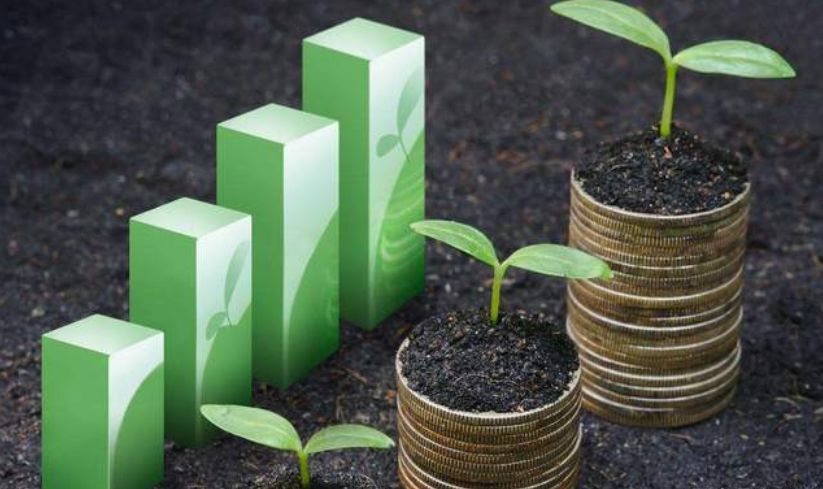可再生能源替代传统能源已成全球趋势。
潮电智库统计,装机量方面,2022年可再生能源新增装机量3000GW,占全球总能源增量的40%,贡献全球83%的电力增长,其中欧盟、中国和美国占总增幅的70%以上。预计到2030年,全球可再生能源年安装量将突破1万GW。

能源转型投资金额方面,2022年全球在可再生能源上投资1.3万亿美元。预计到2030年,全球将有44万亿美元流向能源效率、电气化和电网扩建,为可再生能源的能源转型带来结构性变化,其中80%约35万亿美元将更准确地放在效率、电气化、电网扩展和灵活性上。
“化石燃料限制和部门政策仍然是必要的,但不足以管理向可再生能源主导的能源系统的过渡,”Irena(国际可再生能源机构)总干事Francesco La Camera说道,“能源转型有三大优先支柱:有形基础设施、政策和监管要求,以及熟练的劳动力,所有这些都需要大量投资和新的合作方式。”

但能源转型的三大优先支柱显然不适合非洲,一组数据表明,2022年全球可再生能源扩张投资上,非洲仅占1%,说明目前非洲新能源市场并不受投资者青睐。
La Camera认为要发展非洲可再生能源,多边金融机构应以更优惠的条件为能源转型的项目提供更多资金,并为非洲建设必要的新能源系统基础设施。
Global investment in renewable energy has reached $1.3 trillion in 2022,among which China, the United States, and Europe account for over 70% of the total
Replacing traditional energy with renewable energy has become a global trend.
According to statistics from Chaodian Think Tank, in terms of installed capacity, in 2022, renewable energy added 3000GW, accounting for 40% of the global total energy increment and contributing 83% of the global electricity growth, with the EU, China, and the United States accounting for more than 70% of the total increase. It is expected that by 2030, the global annual installation of renewable energy will exceed 10000 GW.
In terms of investment amount in energy transformation, the global investment in renewable energy in 2022 is 1.3 trillion US dollars. It is expected that by 2030, $44 trillion will flow globally towards energy efficiency, electrification, and grid expansion, bringing structural changes to the energy transformation of renewable energy. About 80% of this $35 trillion will be more accurately focused on efficiency, electrification, grid expansion, and flexibility.
“Fossil fuel restrictions and sectoral policies are still necessary, but not sufficient to manage the transition to a renewable energy led energy system,” said Francesco La Camera, Director General of Irena (International Renewable Energy Agency).
However, the three priority pillars of energy transformation are clearly not suitable for Africa. A set of data shows that Africa only accounts for 1% of global renewable energy expansion investment in 2022, indicating that the current African new energy market is not favored by investors.
La Camera believes that in order to develop renewable energy in Africa, multilateral financial institutions should provide more funding for energy transformation projects on more favorable terms and build necessary new energy system infrastructure for Africa.